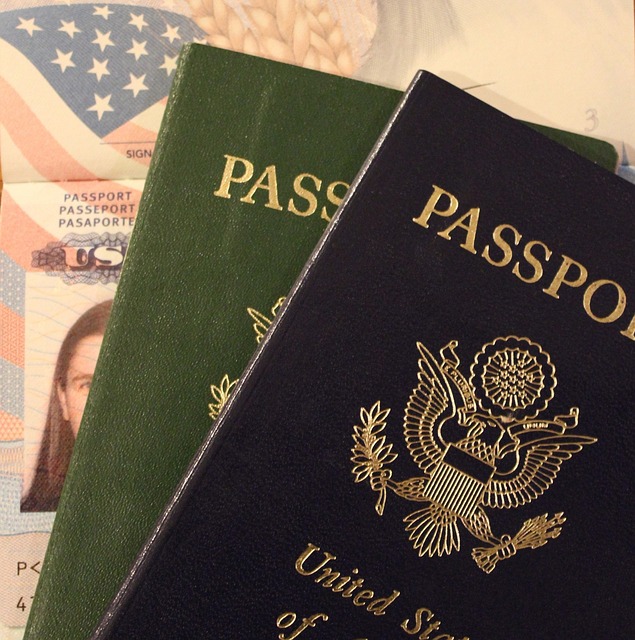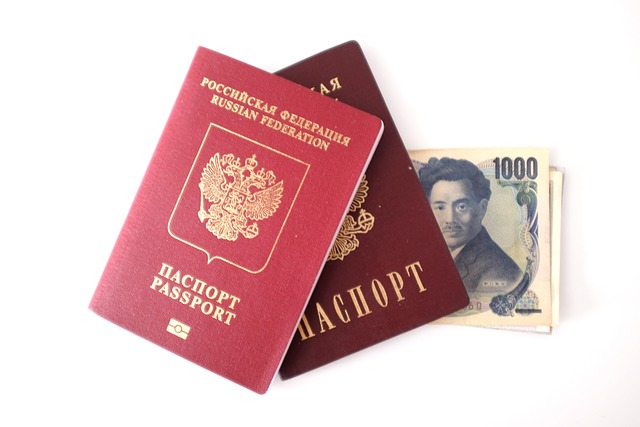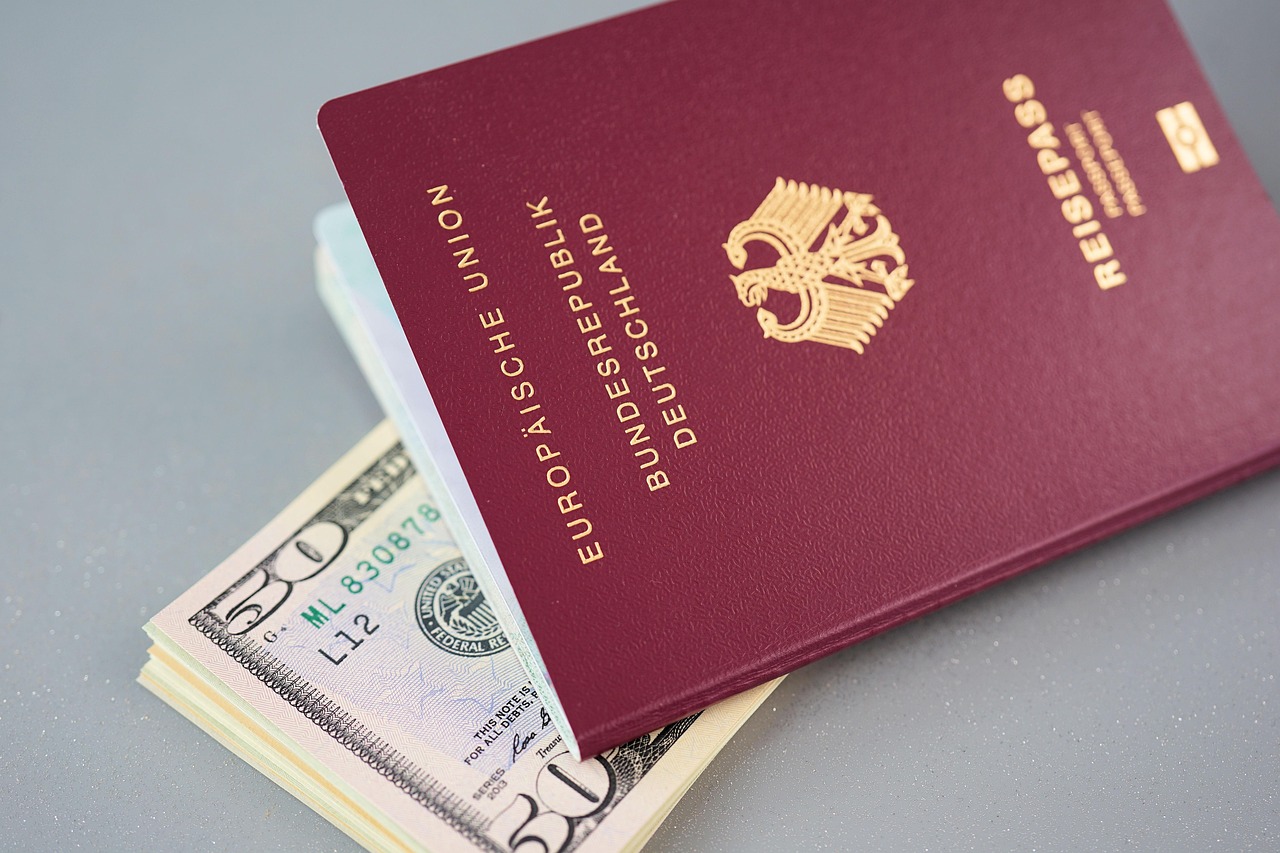Tips for a Successful Citizenship Application in the Netherlands

Obtaining Dutch citizenship is a significant milestone for expatriates who have made the Netherlands their home. Dutch citizenship offers numerous benefits, including the right to vote, unrestricted travel within the EU, and access to social services. However, the citizenship application process can be complex and requires careful preparation. This article provides essential tips to help you navigate the process and increase your chances of a successful citizenship application.
1. Understand the Eligibility Requirements
Before applying for Dutch citizenship, it’s crucial to understand the eligibility criteria. The main requirements include:
1.1 Residency Duration
- Five Years of Continuous Residence: You must have legally resided in the Netherlands for at least five consecutive years. Certain categories, such as spouses of Dutch citizens, may qualify after three years.
1.2 Valid Residence Permit
- Permanent Residence or Long-Term EU Residence: You must hold a valid permanent residence permit or a long-term EU residence permit.
1.3 Integration
- Civic Integration Exam: You must pass the civic integration exam, which tests your knowledge of Dutch language and society. Exemptions may apply for individuals who have completed specific educational programs in the Netherlands.
1.4 Good Conduct
- Clean Criminal Record: You must not have a criminal record that poses a threat to public order or national security.
1.5 Financial Stability
- Sufficient Income: You must demonstrate financial stability and the ability to support yourself without relying on social assistance.
2. Prepare Thorough Documentation
Accurate and complete documentation is essential for a successful citizenship application. Common documents required include:
2.1 Proof of Identity
- Valid Passport: A copy of your valid passport.
- Birth Certificate: An official birth certificate, translated and legalized if necessary.
2.2 Proof of Residence
- Residence Permit: A copy of your valid residence permit.
- Municipal Registration: Proof of registration with your local municipality (gemeente).
2.3 Proof of Integration
- Civic Integration Diploma: Proof of passing the civic integration exam or an exemption certificate.
2.4 Financial Documents
- Income Proof: Recent pay slips, employment contracts, or tax returns.
- Bank Statements: Recent bank statements showing sufficient funds.
2.5 Additional Documents
- Marriage Certificate: If applicable, a copy of your marriage certificate.
- Divorce Decree: If applicable, a copy of your divorce decree.
3. Meet the Language and Integration Requirements
3.1 Civic Integration Exam
The civic integration exam consists of several components:
- Dutch Language Proficiency: Tests your ability to speak, read, write, and understand Dutch at level A2.
- Knowledge of Dutch Society: Assesses your understanding of Dutch culture, history, and societal norms.
3.2 Preparation Tips
- Language Courses: Enroll in Dutch language courses to improve your proficiency.
- Practice Exams: Take practice exams to familiarize yourself with the format and content.
- Study Materials: Use official study materials provided by the Dutch government.
4. Ensure Financial Stability
Demonstrating financial stability is a key requirement for citizenship. Ensure that you have a stable income and sufficient savings to support yourself and your family.
4.1 Income Requirements
- Minimum Income: Your income should meet or exceed the Dutch minimum wage requirements.
- Employment Contract: Provide a copy of your employment contract or proof of self-employment.
4.2 Financial Documentation
- Tax Returns: Submit recent tax returns as proof of income.
- Bank Statements: Provide recent bank statements showing sufficient funds.
5. Maintain a Clean Criminal Record
A clean criminal record is essential for a successful citizenship application. Any criminal convictions can jeopardize your application.
5.1 Background Checks
- Criminal Record Check: The IND will conduct a background check to ensure you have no criminal convictions.
- Good Conduct Declaration: You may be required to provide a declaration of good conduct from your home country.
5.2 Legal Advice
If you have a criminal record, consider seeking legal advice to understand the potential impact on your application and explore possible solutions.
6. Submit a Complete and Accurate Application
A complete and accurate application increases your chances of success. Follow these tips to ensure your application is thorough:
6.1 Double-Check Documents
- Accuracy: Ensure all documents are accurate and up-to-date.
- Translation and Legalization: If documents are in a foreign language, have them translated and legalized by a certified translator.
6.2 Follow Instructions
- Application Form: Complete the application form carefully, following all instructions.
- Submission: Submit the application to the correct authority, typically your local municipality (gemeente).
6.3 Pay Fees
- Application Fees: Pay the required application fees. Fees vary depending on the type of application and your age.
7. Seek Professional Assistance
Navigating the citizenship application process can be complex. Consider seeking professional assistance to ensure a smooth and successful application.
7.1 Immigration Lawyers
- Expert Guidance: Immigration lawyers can provide expert guidance and help you navigate the complexities of the application process.
- Legal Representation: They can represent you in case of any legal issues or disputes.
7.2 Expat Communities
- Support Networks: Join expat communities and forums to share experiences and seek advice from others who have gone through the process.
- Workshops and Seminars: Attend workshops and seminars on citizenship applications organized by expat groups or local municipalities.
8. Be Patient and Persistent
The citizenship application process can be lengthy, often taking several months. Patience and persistence are key to a successful outcome.
8.1 Follow Up
- Status Updates: Regularly check the status of your application with the IND.
- Additional Information: Be prepared to provide additional information or documentation if requested.
8.2 Stay Informed
- Policy Changes: Stay informed about any changes in immigration policies or requirements that may affect your application.
- Deadlines: Keep track of important deadlines and ensure timely submission of all required documents.
9. Prepare for the Citizenship Ceremony
If your application is successful, you will be invited to attend a citizenship ceremony. This is a formal event where you will take an oath of allegiance to the Netherlands.
9.1 Ceremony Details
- Location: The ceremony is usually held at your local municipality.
- Oath of Allegiance: You will be required to take an oath or make a declaration of allegiance to the Dutch Constitution.
9.2 Tips for the Ceremony
- Dress Appropriately: Dress formally for the ceremony.
- Bring Required Documents: Bring your invitation and identification documents.
- Celebrate: Celebrate this significant milestone with family and friends.


